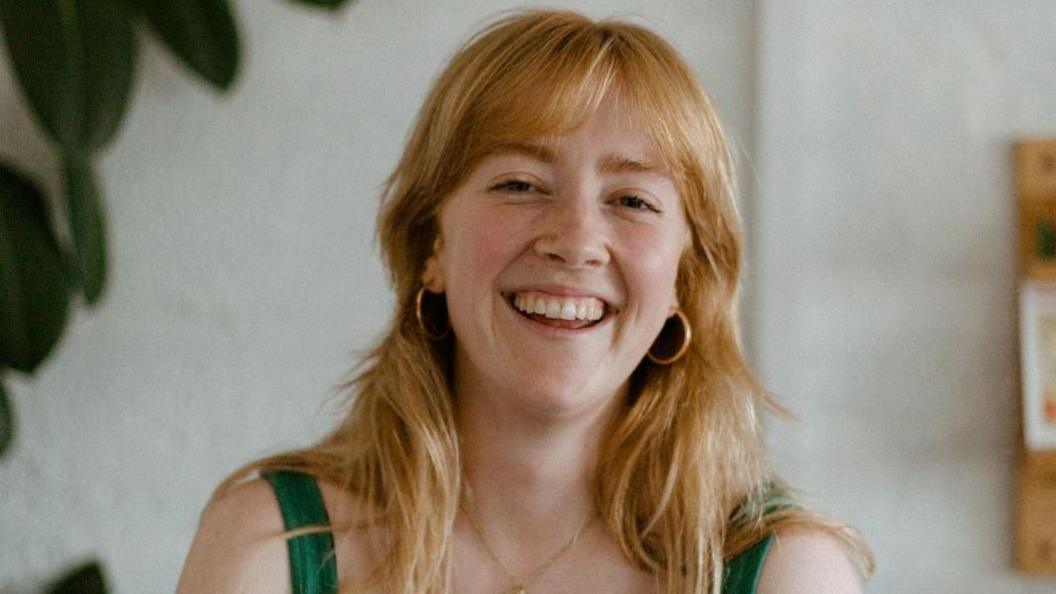'People can see what's going on in my mind'
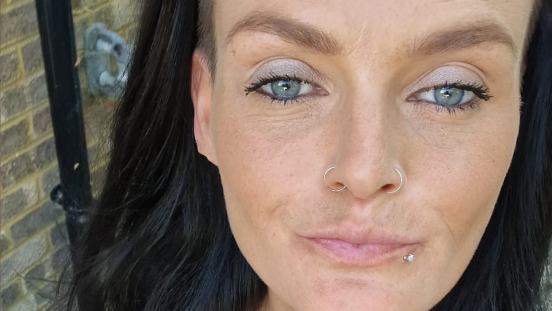
Leanne Francis Rowan said her ADHD can be sometimes be described like an "atomic bomb"
- Published
An immersive documentary about what it means to have attention deficit hyperactivity disorder (ADHD) is opening at a gallery in the West.
Impulse: Playing with Reality will depict four stories of people with ADHD in a virtual reality and documentary experience, narrated by actress Tilda Swinton.
The exhibition will run from Thursday to 2 November at Undershed, a gallery space at Watershed, in Bristol.
Omar Mentesh, who shares his ADHD journeys as part of the exhibition, said a discussion around the condition and people not getting a diagnosis "needs to be had".
The exhibition is made up of a 40-minute interactive mixed reality documentary about how you make sense of the world as a person with ADHD.
It is told through four people - Leanne, Omar, Tara and Errol - as they reflect on their lives post-diagnosis.
The documentary was nominated for an Emmy at this year's awards.
According to the NHS, ADHD is a condition where the brain works differently from most people.
If you have ADHD, you may have trouble with things like concentrating and sitting still.
In May this year, it was estimated that nearly 2.5 million people in England have the condition, external, including those without a diagnosis.
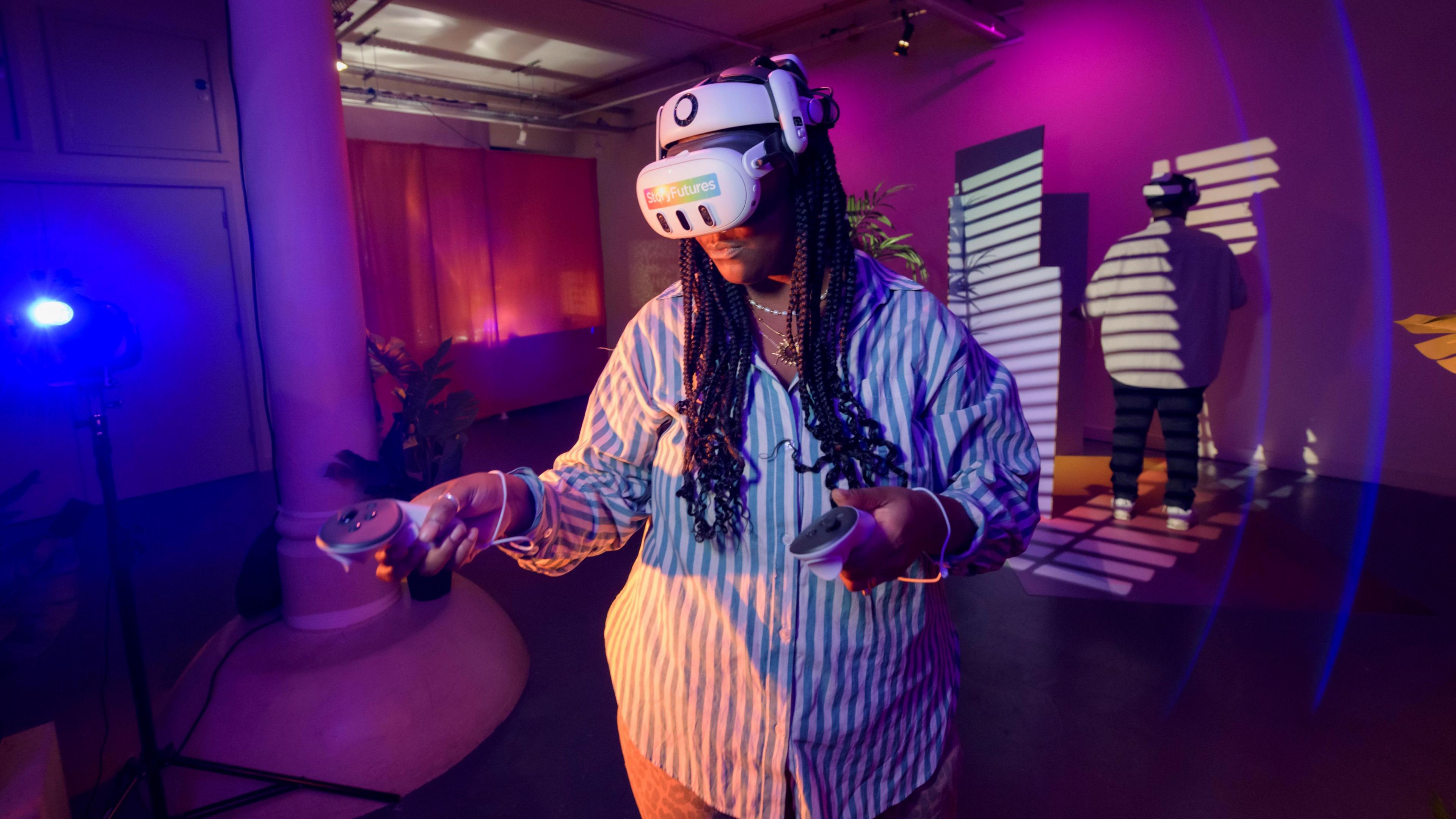
The exhibit will hand VR headsets to visitors to enjoy the interactive mixed reality documentary
Leanne Francis Rowan, from Guildford, was diagnosed with ADHD when she was 12.
Reflecting on the documentary, she said: "The video is perfect - you could not explain ADHD better.
"People can see what's going on in my mind."
The 32-year-old said on some days she can explode "like an atomic bomb", but the condition does not always present that way.
'Forgetting to eat'
Ms Rowan, a Sutton and Crystal Palace Women's football steward, said: "The other side of ADHD that people don't see is when you're forgetting to eat, you're forgetting to wash.
"You haven't spoken to anyone in three days, and you don't want to go outside."
"There's no reason for it, but you just don't know how to explain how you're feeling, because you're normally this bubbly clown that's always happy," she added.
"Then you go from being that to - you have a come down from the highs, which are the hardest, I think, the most lonely."
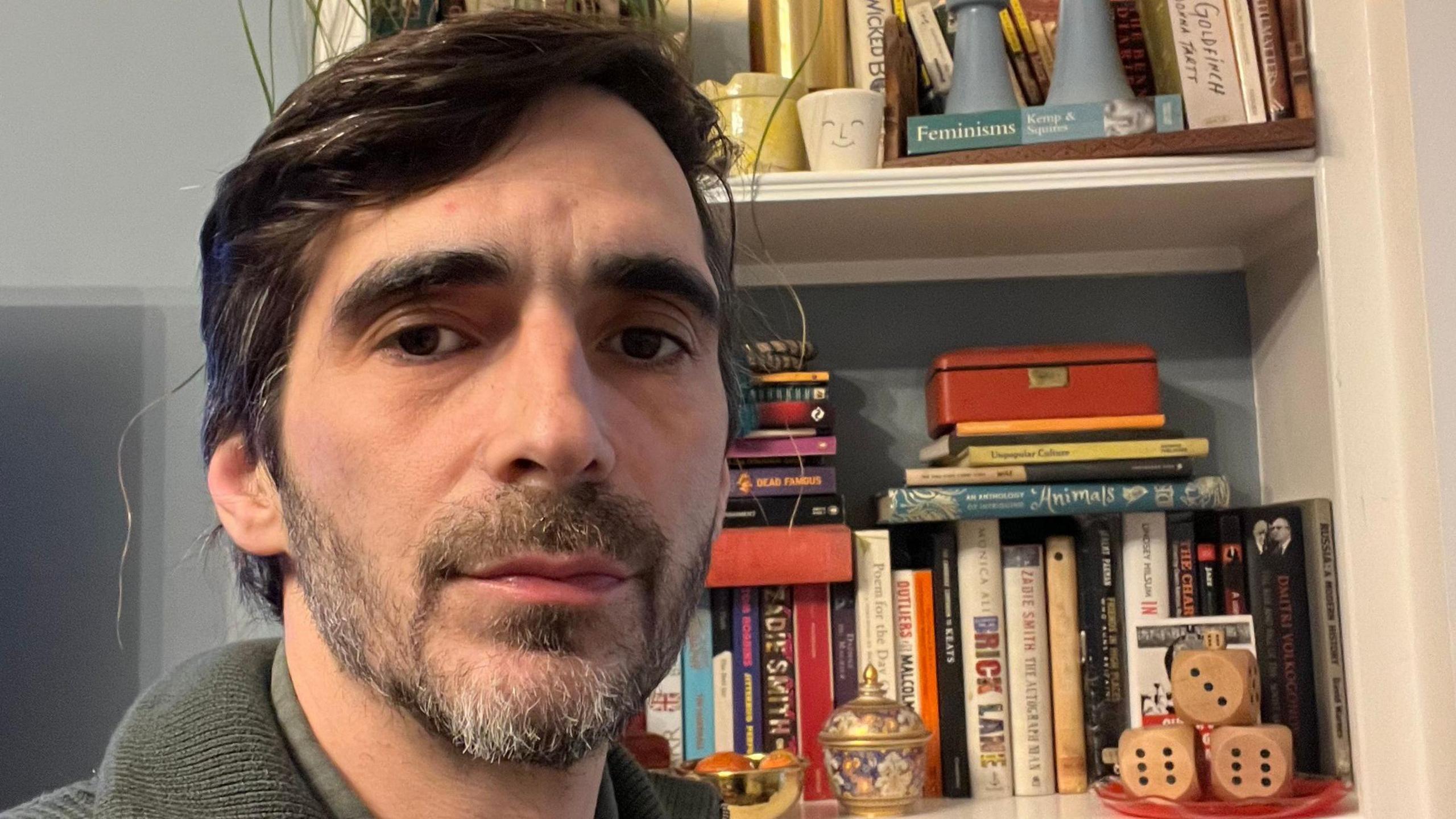
Mr Mentesh said he only learnt he had ADHD when he was in his 20s
Mr Mentesh, from London, said his mum was told by a medical professional he was "hyperactive" when he was around eight years old.
It was only when he was in prison in his twenties that he was seen by a medical team and had ADHD confirmed.
The 43-year-old told the BBC he was in and out of prison for seven and a half years from the age of 15 for various crimes, such as shop robberies.
'Playing a game'
When the viewer first meets Mr Mentesh in the documentary, he is depicted as being up on a roof.
He said: "At the time [before the diagnosis] I didn't know why I was so impulsive and why I was doing things that were so reckless.
"I would jump from rooftop to rooftop, playing a game against myself. It would be a compulsive thought that I have to do it."
Mr Mentesh, who is now a social value delivery consultant, said he hopes the documentary will go some way to breaking down misconceptions surrounding ADHD.
"It's a discussion that needs to be had," he said. There are a lot of people maybe dealing with it, and they don't know they're dealing with it."
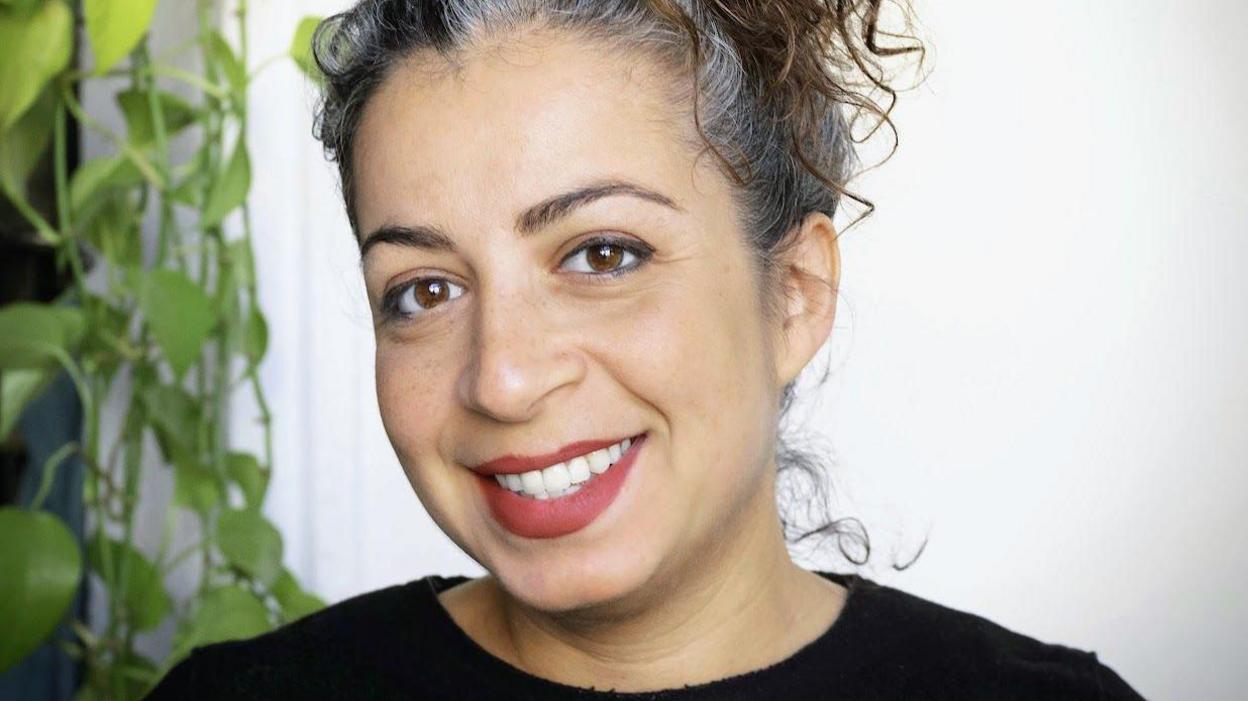
May Abdalla co-directed of the documentary alongside Barry Gene-Murphy
May Abdalla, co-director of the documentary alongside Barry Gene-Murphy, said work started on the project when they learnt how many people are thought to have ADHD but are undiagnosed in the UK.
"It just felt almost more urgent than schizophrenia, which is, let's say, the most stigmatised of all mental health conditions," she said.
"We heard those stories all over and over again - you get the diagnosis and there's this kind of journey where someone has this sense of relief. Finally."
Get in touch
Tell us which stories we should cover in Bristol
Follow BBC Bristol on Facebook, external, X, external and Instagram, external. Send your story ideas to us on email or via WhatsApp on 0800 313 4630.
Related topics
- Published5 May
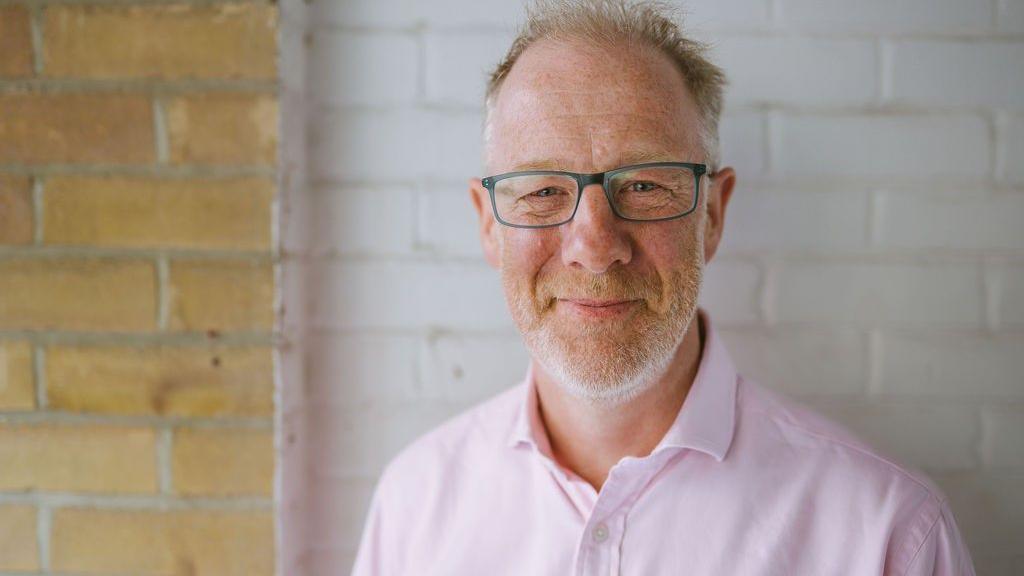
- Published2 November 2024
